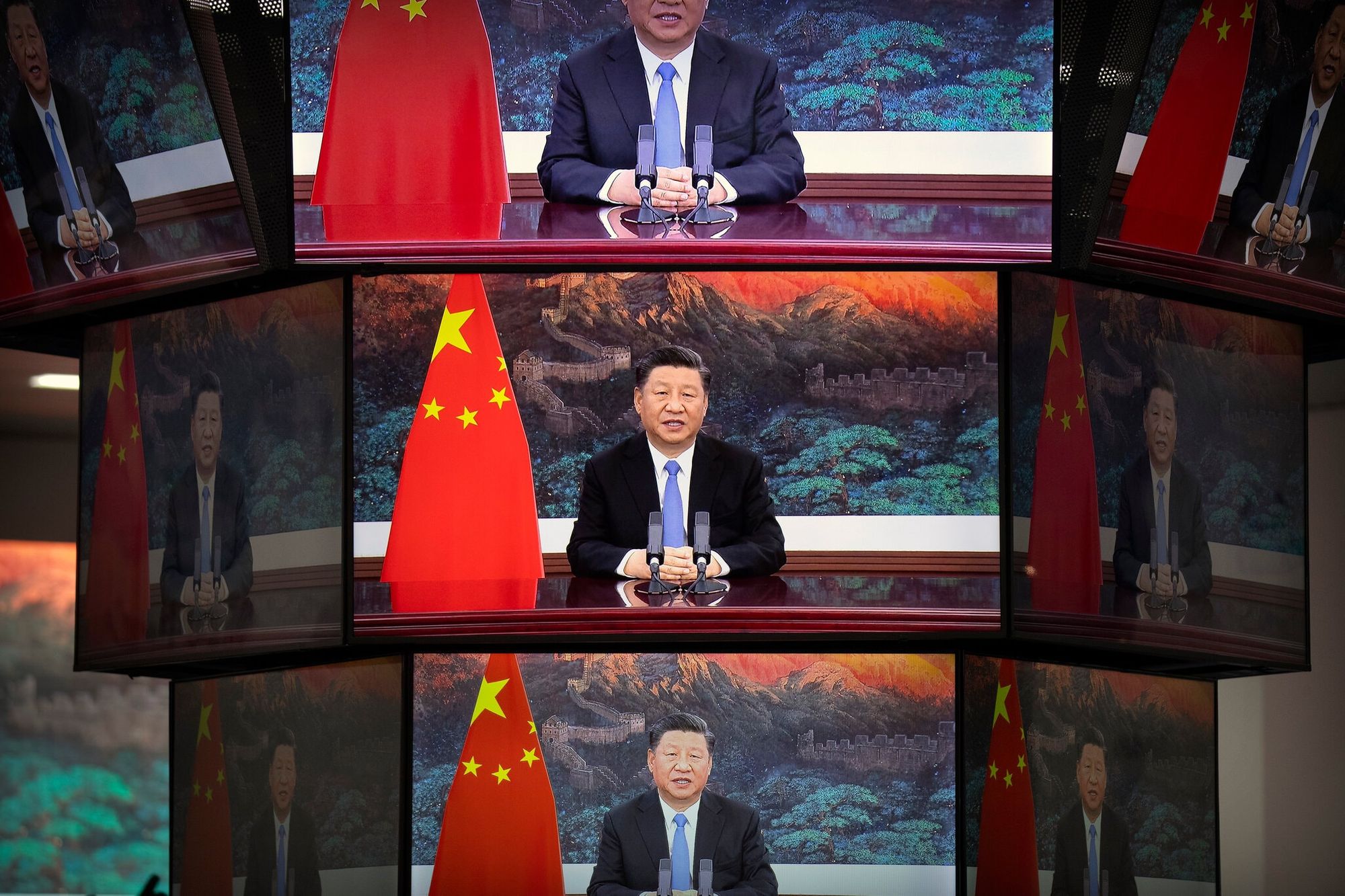How Trump has made China even stronger
China has now taken on the title of defender and champion of globalisation thanks to Trump.

Trump, in his endless wisdom, has actually created the perfect conditions for China to accelerate itself into a far more favourable strategic position than it was in before 2016.
'Mr. Trump’s go-it-alone approach has given China an opening to portray itself as the champion of globalization. In Beijing’s argument, it is the United States that has now retreated by trying to restrict Chinese investments.'
'China is not only trying to capitalize on American political disarray but also to repair the damage that the pandemic has caused to China’s image, especially in Europe.'
'“The United States is still in electoral chaos, while China is forming the world’s largest trade agreement,” the Ministry of Commerce in Beijing wrote on its official website recently.'
'State media has struck a similar chord, trumpeting China as the defender of the global order. An opinion article by the state broadcaster CGTN was blunt, warning that those who would cut off links with China “are likely to end up on the outside of the world’s economic gravity.”'
'China’s strategy is born out of strength. The coronavirus has practically disappeared within its borders. The country’s economy is growing strongly. And China’s manufacturing sector has become the world’s largest by a wide margin, leaving other nations heavily dependent on it for everything from medical gear to advanced electronics.'
...
'Mr. Xi wants to tether other countries ever more tightly into China’s economic and thus geopolitical orbit. In a speech to other Chinese leaders, recently published by a Communist Party journal, he called for Beijing to make sure that other countries remained dependent on China for key goods, as a way to ensure that they would not try to halt their own shipments to China.'
'Mr. Xi’s own economic and political policies this year have been the mirror opposite. China’s plan, Mr. Xi has said, is to lessen dependence on imports, insulating the country from rising external risks, including the threat of a long, pandemic-induced global economic downturn and the severing of Chinese access to American high-tech know-how.'

In other stories:
Teenagers used to watch television, play video games and watch endless hours of video on YouTube - now there is really just TikTok.
Without agents, big studios, complicated contracts or any of the other traditional routes-to-fame, 16 year olds are becoming instant global celebrities without ever having to leave their bedrooms. It's the first time that teenagers have been able to create, star in and manage their own celebrity careers.
'TikTok’s popular crowd cemented its fame this spring, when everyone else was stuck at home. I can trace my own overconsumption to late March. The more I was afraid to leave my house, the more I became unexpectedly invested in the love lives and shifting friendship alliances of TikTok’s young stars: Were Dixie and Noah a thing? Did Addison unfollow Bryce? My own social universe offered no gossip; of all the pandemic losses, this was the most trivial, but I nonetheless felt it acutely.'
'The popular kids of TikTok project an image of easygoing fun and success. Part of the pleasure of their videos is the implicit promise that you, too, could be just a viral moment away from joining them, hanging around a mansion and earning money by posting content. An influx of kids has moved to L.A. to make a go of it.'

Finally...
The Netflix mini-series 'The Queen's Gambit' has sparked a revival in popularity in one of the oldest games in the world.
Chess is over 1500 years old and is enjoying a surge in demand that has been seen since Bobby Fischer was a phenomenon.




